Finding it hard to drift off after a tiring, stress-filled day? You’re not alone. Millions of people worldwide are turning to herbal teas for sleep as a natural, safe, and soothing way to relax their mind and body. Unlike sleeping pills, herbal teas are non-addictive, gentle, and bring additional health benefits. In this expert guide for 2025, we’ll explore the best herbal teas for sleep and anxiety relief, their science-backed benefits, and practical tips on how to include them in your bedtime routine.
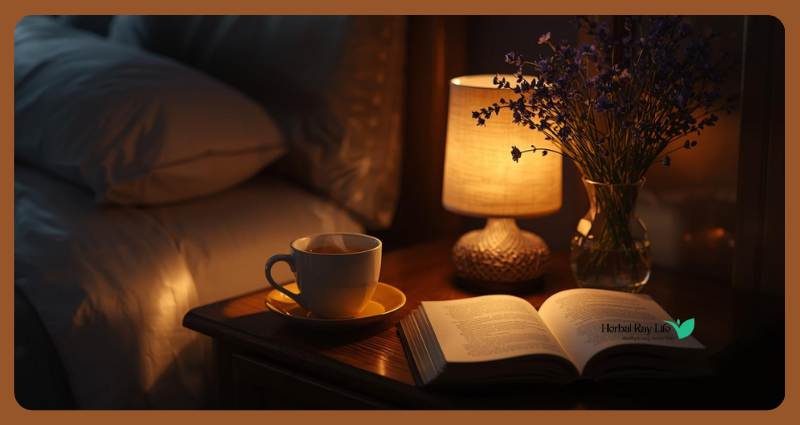
Why Choose Herbal Teas for Sleep?
Made from flowers, roots, and leaves, herbal teas are caffeine-free infusions celebrated for their calming benefits. For centuries, traditional medicine systems like Ayurveda, Traditional Chinese Medicine, and Western herbalism have used them to:
- Relax the nervous system
- Reduce anxiety and stress
- Improve sleep quality naturally
- Balance hormones and digestion (which indirectly supports rest)
Compared to synthetic sleep aids, herbal teas offer a holistic approach without harmful side effects.
Best Herbal Teas for Sleep and Anxiety Relief in 2025
Here are the top herbal teas you should try this year, along with their unique benefits:
1. Chamomile Tea – The Classic Sleep Herb
Chamomile is often called “nature’s tranquilizer”. Its active compound, apigenin, binds to brain receptors, promoting calmness and reducing insomnia.
✅ Benefits:
- Helps you fall asleep faster
- Reduces mild anxiety and stress
- Eases indigestion (a common cause of poor sleep)
💡 Tip: Drink a warm cup 30 minutes before bedtime for best results.
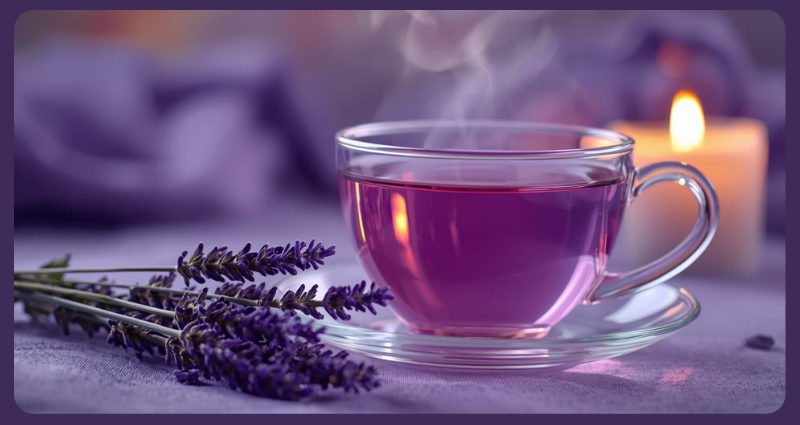
2. Lavender Tea – Aromatherapy in a Cup
Known for its soothing aroma, lavender isn’t just for essential oils—it works wonders as tea too.
✅ Benefits:
- Calms nervous tension
- Reduces restlessness and irritability
- Improves sleep quality, especially for people with mild insomnia
🌿 Example: A warm lavender infusion before bed feels like a spa therapy session at home.
3. Valerian Root Tea – A Natural Sleep Aid
For hundreds of years, Europeans have relied on valerian root as a gentle, natural sleep aid. Studies show it reduces the time needed to fall asleep.
✅ Benefits:
- Improves deep sleep cycles
- Reduces anxiety and nervousness
- Helpful for people dealing with insomnia
⚠️ Note: Valerian has a strong earthy taste—mix it with chamomile or peppermint for a better flavor.
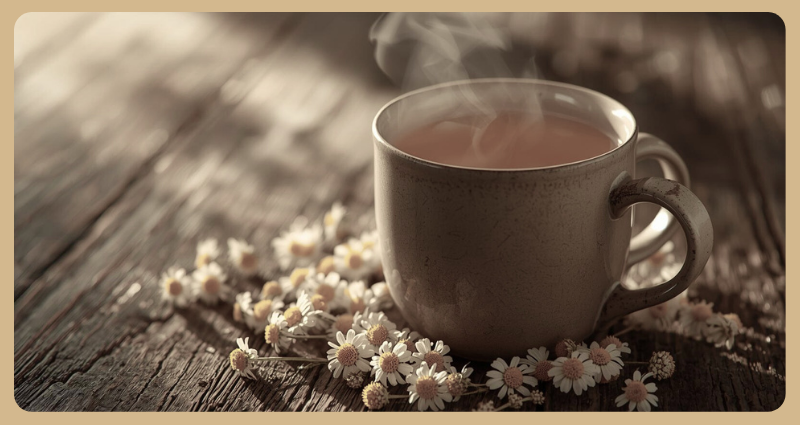
4. Lemon Balm Tea – Gentle Stress Reliever
Lemon balm (from the mint family) is a mild but effective herb for reducing stress.
✅ Benefits:
- Lifts mood and calms the mind
- Improves sleep quality
- Supports digestion, which indirectly aids sleep
5. Passionflower Tea – Best for Anxiety-Related Sleeplessness
Passionflower boosts levels of GABA (a calming brain chemical), making it ideal for people with anxiety-driven insomnia.
✅ Benefits:
- Reduces racing thoughts at night
- Promotes deep relaxation
- Safe for long-term use
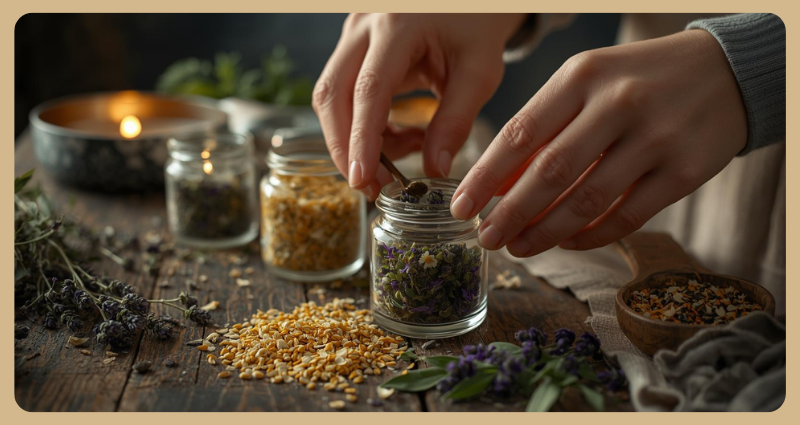
6. Ashwagandha Tea – Ayurvedic Adaptogen
Ashwagandha is an adaptogenic herb from Ayurveda that helps balance stress hormones.
✅ Benefits:
- Lowers cortisol (the stress hormone)
- Promotes better sleep in stressed individuals
- Improves overall energy and recovery
7. Peppermint Tea – Indirect Sleep Support
While peppermint isn’t a sedative, it helps with digestion and relaxation. If stomach issues keep you awake, peppermint tea can help.
✅ Benefits:
- Relieves bloating and discomfort
- Soothes the body for restful sleep
- Refreshing flavor that blends well with other herbs
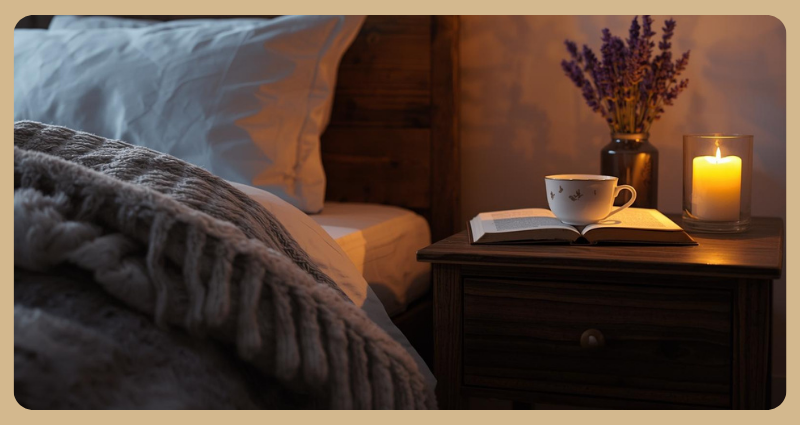
How to Make the Perfect Cup of Herbal Tea for Sleep
To enjoy maximum benefits, follow these steps:
- Cover your cup and let the tea brew for 5–10 minutes to preserve its soothing essential oils.
- Boil water – Ideally filtered, around 90–95°C.
- Add herbs/tea bag – Use 1 tsp dried herb or 1 tea bag per cup.
- Drink warm – 20–30 minutes before bedtime.
💡 Expert Tip: Mix chamomile, lavender, and lemon balm to craft your own soothing bedtime blend.
Herbal Tea vs. Sleep Supplements: Which is Better?
| Factor | Herbal Tea | Sleep Supplements |
|---|---|---|
| Natural | 100% plant-based | May contain synthetic fillers |
| Side Effects | Very minimal | Possible grogginess/drowsiness |
| Long-term Use | Safe | Risk of dependency |
| Additional Benefits | Stress relief, digestion, hydration | Mostly sleep-only |
👉 Verdict: If you’re looking for a gentle, holistic approach, herbal teas for sleep are the better choice.
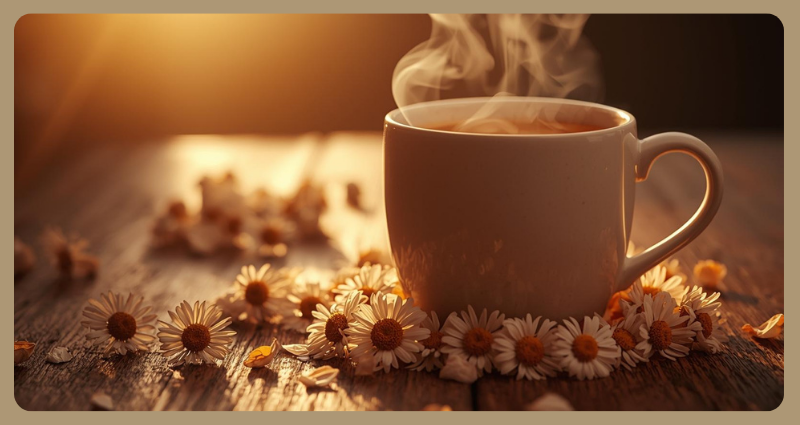
Practical Tips for Better Sleep with Herbal Teas
Keep your bedroom cool, dark, and quiet
Stick to a regular sleep schedule
Avoid caffeine after 4 PM
Pair your tea with calming habits (reading, meditation, soft music)
Limit screen time 1 hour before bed
FAQs About Herbal Teas for Sleep
Q1: Can I drink herbal tea every night?
Yes! Herbal teas can generally be enjoyed every day, with chamomile, lavender, and lemon balm being among the safest choices.
Q2: Are herbal teas safe during pregnancy?
Some are safe, but always consult your doctor before drinking teas like valerian or passionflower during pregnancy.
Q3: How quickly does herbal tea begin to take effect?
Most teas take about 20–30 minutes to show calming effects.
Q4: Can I mix different herbal teas together?
Yes! Combining herbs like chamomile with lavender or valerian with lemon balm intensifies their soothing properties for deeper relaxation.
Q5: Do herbal teas really work for anxiety?
Yes, herbs like passionflower, lemon balm, and ashwagandha have proven calming effects backed by research.
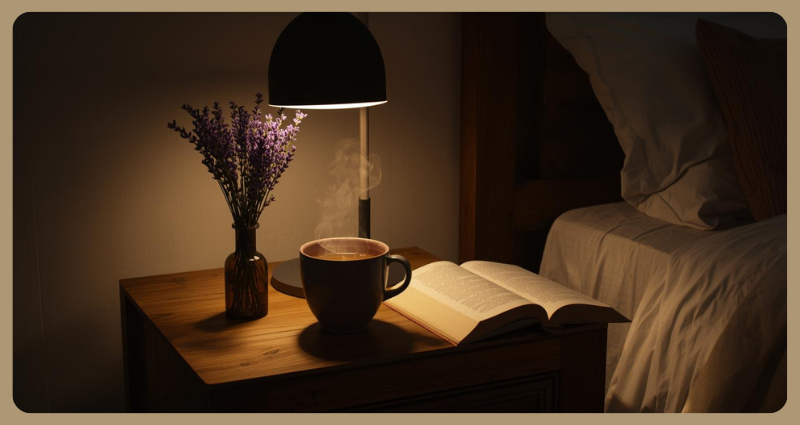
Conclusion: Relax Naturally with Herbal Teas for Sleep
In 2025, with increasing stress and sleeplessness, more people are turning to natural remedies. Herbal teas for sleep are not just bedtime drinks; they’re a ritual that calms the body, relaxes the mind, and supports long-term wellness.
✨ Start your journey today—try chamomile or lavender tonight and feel the difference.
👉 Want more natural wellness tips? Subscribe to our newsletter for herbal health guides and exclusive remedies.
Disclaimer: Content is for informational purposes only and not a substitute for professional medical advice.
